Publications
Articles, publications, books, tools and multimedia features from the U.S. Institute of Peace provide the latest news, analysis, research findings, practitioner guides and reports, all related to the conflict zones and issues that are at the center of the Institute’s work to prevent and reduce violent conflict.
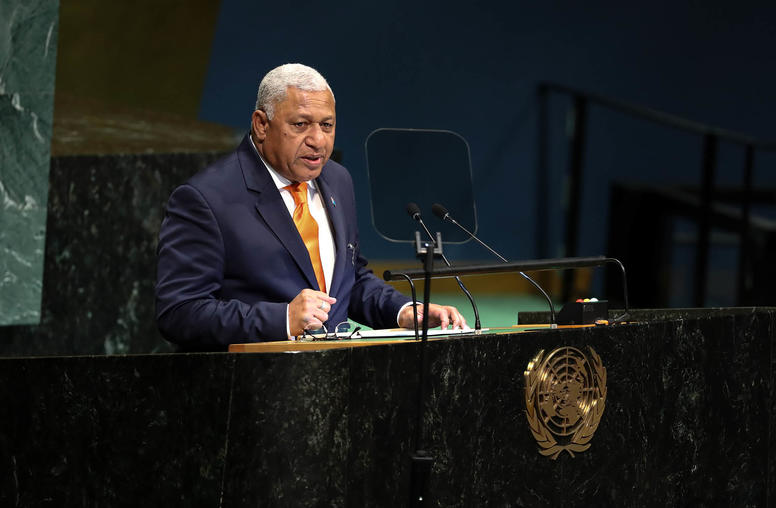
Fiji’s Election Marks a Crucial Moment for its Fragile Democracy
Fiji has become an integral part of the United States’ reengagement in the Pacific in recent years, including a visit to Suva from U.S. Secretary of State Antony Blinken in February. Although Fiji is a small country by global standards, it is a regional leader in the Pacific due to its central location, relative size and international role on issues ranging from peacekeeping to climate change action. Fiji also houses one of only six U.S. Embassies in the Pacific Islands, making it a hub for regional diplomacy.
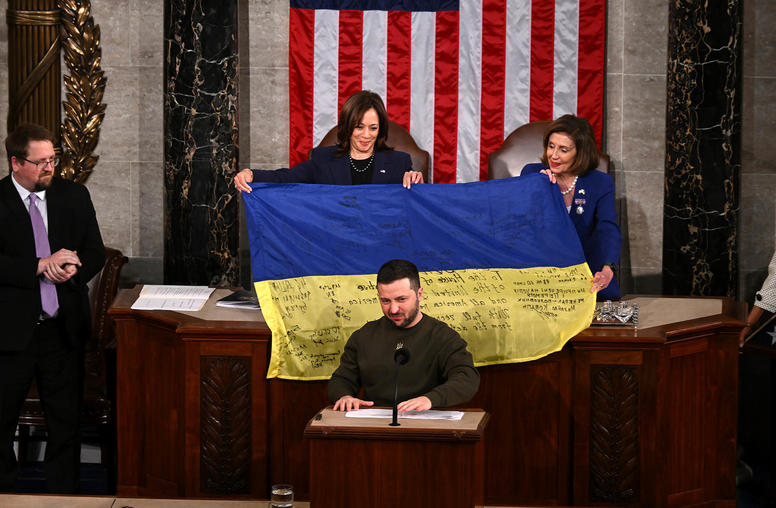
Ukraine’s Zelenskyy Asks: Can We Shorten This War?
President Volodymyr Zelenskyy seized Americans’ attention yesterday, rushing from a smoking Ukrainian battlefield to ask Congress directly for the help that can let Ukrainians turn back Europe’s most brutal war since Adolf Hitler. Flying home last night, the question Zelenskyy left behind is this: Will the United States trickle out its assistance slowly, perhaps to avoid a Ukrainian collapse but leaving this war to grind for years? Or might Zelenskyy’s impassioned appeal persuade Americans to invest in his ambition to shorten the bloodshed, reversing Vladimir Putin’s invasion in coming months to force him to accept a negotiated off-ramp from the war?

Donald Jensen on the Latest Wave of Russian Rocket Attacks in Ukraine
Amid the harsh Ukrainian winter, Russia has launched a slate of rocket attacks targeting Ukrainian cities. “They can’t win … so they’re just going to attack civilian targets and hope that it weakens the resolve of the Ukrainian people,” says USIP’s Donald Jensen. “But there’s no sign that’s happening.”
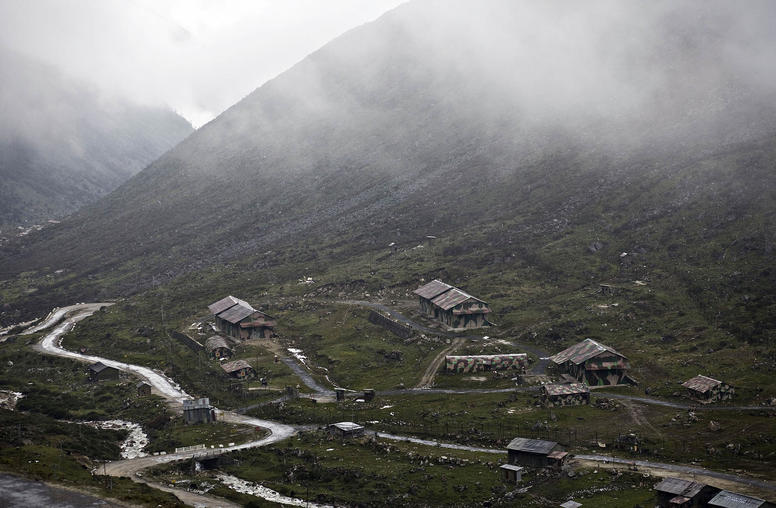
Another Clash on the India-China Border Underscores Risks of Militarization
On December 9, hundreds of Indian and Chinese forces clashed along the Line of Actual Control (LAC), the roughly 2,100 miles contested boundary that separates northern India from China. Neither side used firearms, and no deaths were reported, but both Indian and Chinese forces sustained injuries. The skirmish was the worst since the summer of 2020, when deadly fighting in the Galwan Valley led to the most significant border escalation in over four decades. In the wake of those 2020 clashes, India and China held 17 rounds of military talks — but have been unable to reach terms for disengagement across key areas of the disputed border.
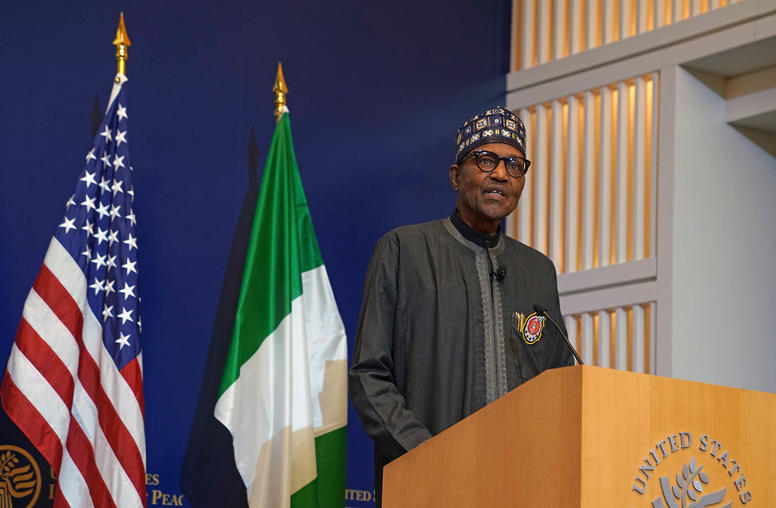
Nigeria’s Buhari Vows a Credible Election to Bolster Democracy
Nigerian President Muhammadu Buhari says he expects a credible election to choose his successor in just 10 weeks. A credible, publicly accepted result and a peaceful transfer of power could help consolidate democracy in Africa’s most populous country following democratic setbacks in the region, notably seven coups in 26 months in the Sahel and West Africa. Buhari, first elected in 2015, is completing his second term in office, the constitutional maximum, and is to hand power to his elected successor in May — an extension of democracy that Buhari has said he wants to ensure as part of his legacy to the country.

China’s Overreliance on Gulf Oil Is a Vulnerability for Everyone
Gulf states have proven to be a dependable port in a storm for China’s oil producers and traders. For the past two decades, the region has consistently supplied China — the world’s largest single crude oil importer — with roughly half of its crude oil imports from overseas. By contrast, it seems China’s oil interests in every other region of the world have been battered by gale force winds.
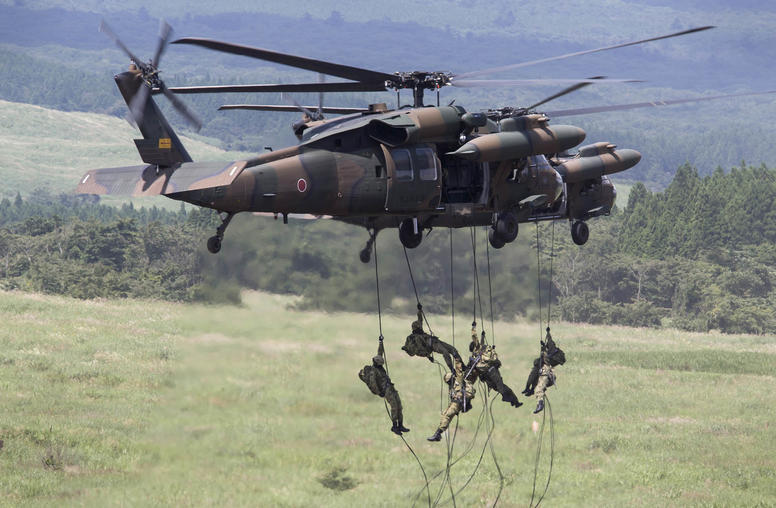
What You Need to Know About Japan’s New National Security Strategy
Japan released on Friday a new, robust national security strategy and complementary defense planning documents. The strategy is Japan’s first in nearly 10 years and only its second ever. The strategy navigates the country’s response to significant changes in the regional and global security environment, including Russia’s invasion of Ukraine, and reflect Japan’s growing sense of vulnerability vis-à-vis its immediate neighbors. USIP’s Mirna Galic looks at the new strategy and what it means for the region.
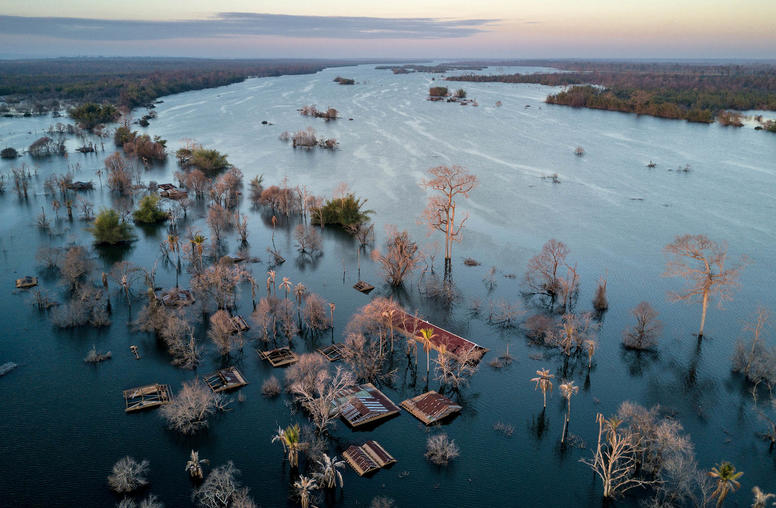
Is the Climate Crisis Leading to ‘Rupture’ in Southeast Asia’s Mekong?
In natural environments and in human societies, pressure for change can build up gradually for years, then suddenly reach a point of no return. Living in the new “Anthropocene” era of climate crisis, people worldwide are increasingly aware of the linkages between ecological, social and political stability. Stress in one of these domains can contribute to a rupture in others. According to human geographer Sango Mahanty, such a rupture is “a dramatic episode of nature-society disruption that is adverse, intense, and ripples across scales” of space and time. In Southeast Asia, one of the most visible instances of rupture is the explosion of dam construction on the Mekong River and its tributaries.
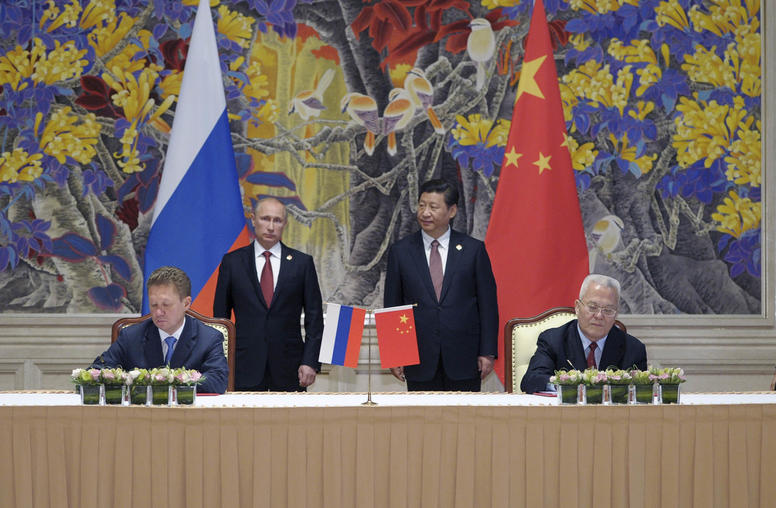
The China-Russia ‘Alliance’: Double the Danger or Limited Partnership?
According to the recently released 2022 U.S. National Security Strategy, China and Russia “are increasingly aligned with each other but the challenges they pose are, in important ways, distinct.” These challenges are felt all around the world, not least in Europe and the United States. All too rarely explored, however, is when and how Beijing and Moscow coordinate or cooperate and what this means for the United States and its allies and partners.
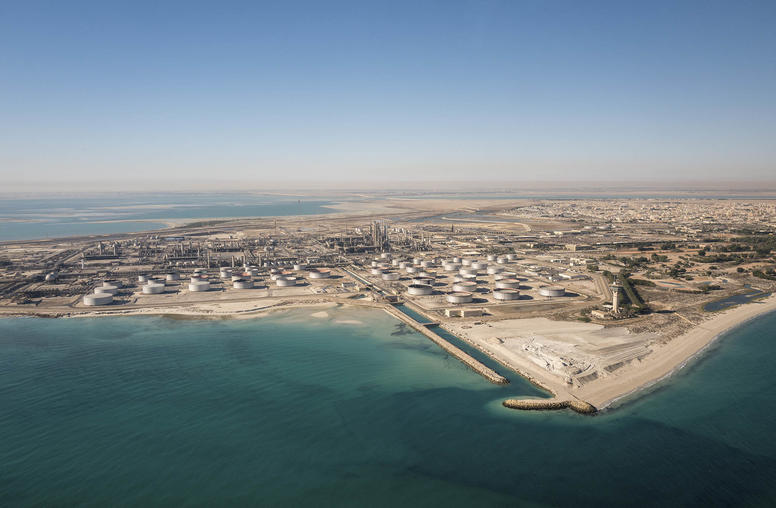
After Xi’s Visit, Are the Saudis Moving on from the United States?
Chinese leader Xi Jinping made a long-rumored trip to Saudi Arabia last week, enhancing ties between his country, the world’s top oil importer, and the leading oil exporting country. Xi and Saudi Crown Prince and Prime Minister Mohammed Bin Salman (MBS) inked a number of deals on oil, technology, infrastructure and security, and also made an agreement to avoid interference in each other’s domestic affairs. Xi also met with leaders from the Gulf Cooperation Council (GCC) and a broader group of Arab leaders. The China-Saudi summit comes amid frosty U.S.-Saudi ties and a perception among Arab leaders that Washington is pulling back from its traditional role in the Middle East, leading to some speculation of a larger geopolitical shift in the region amid the intensifying U.S-China rivalry.